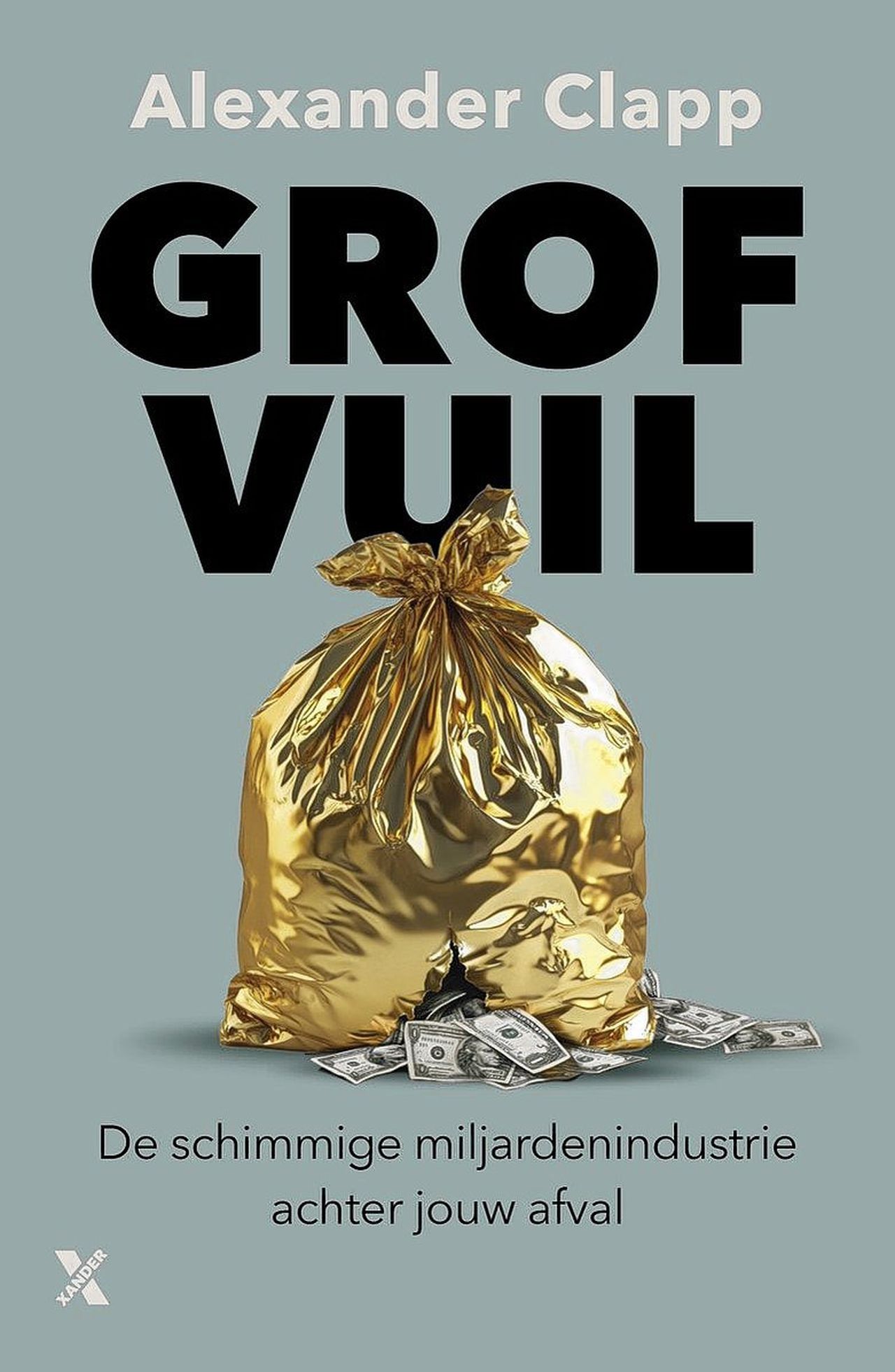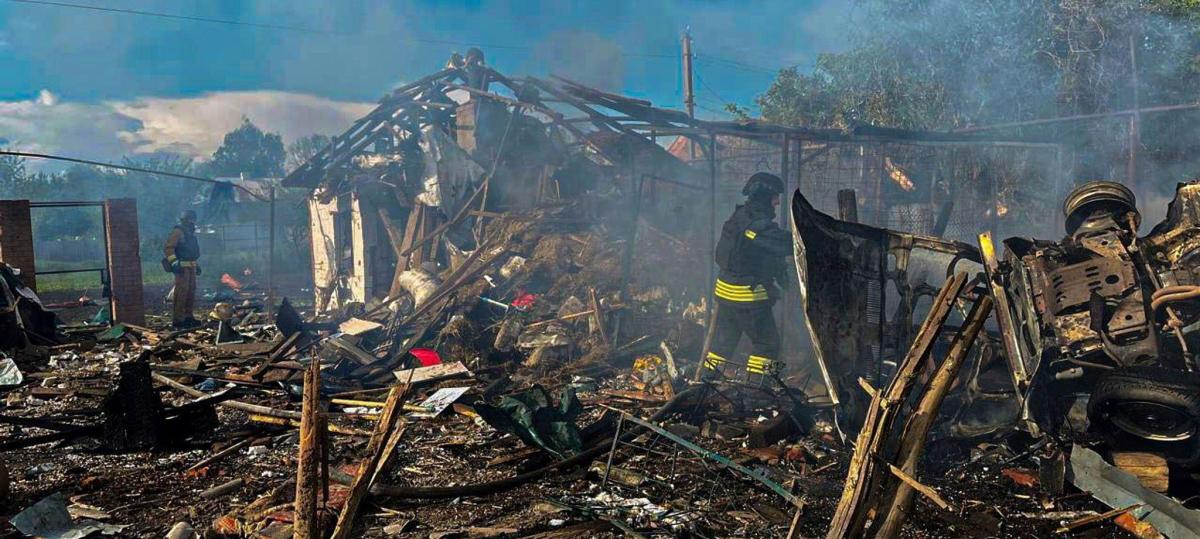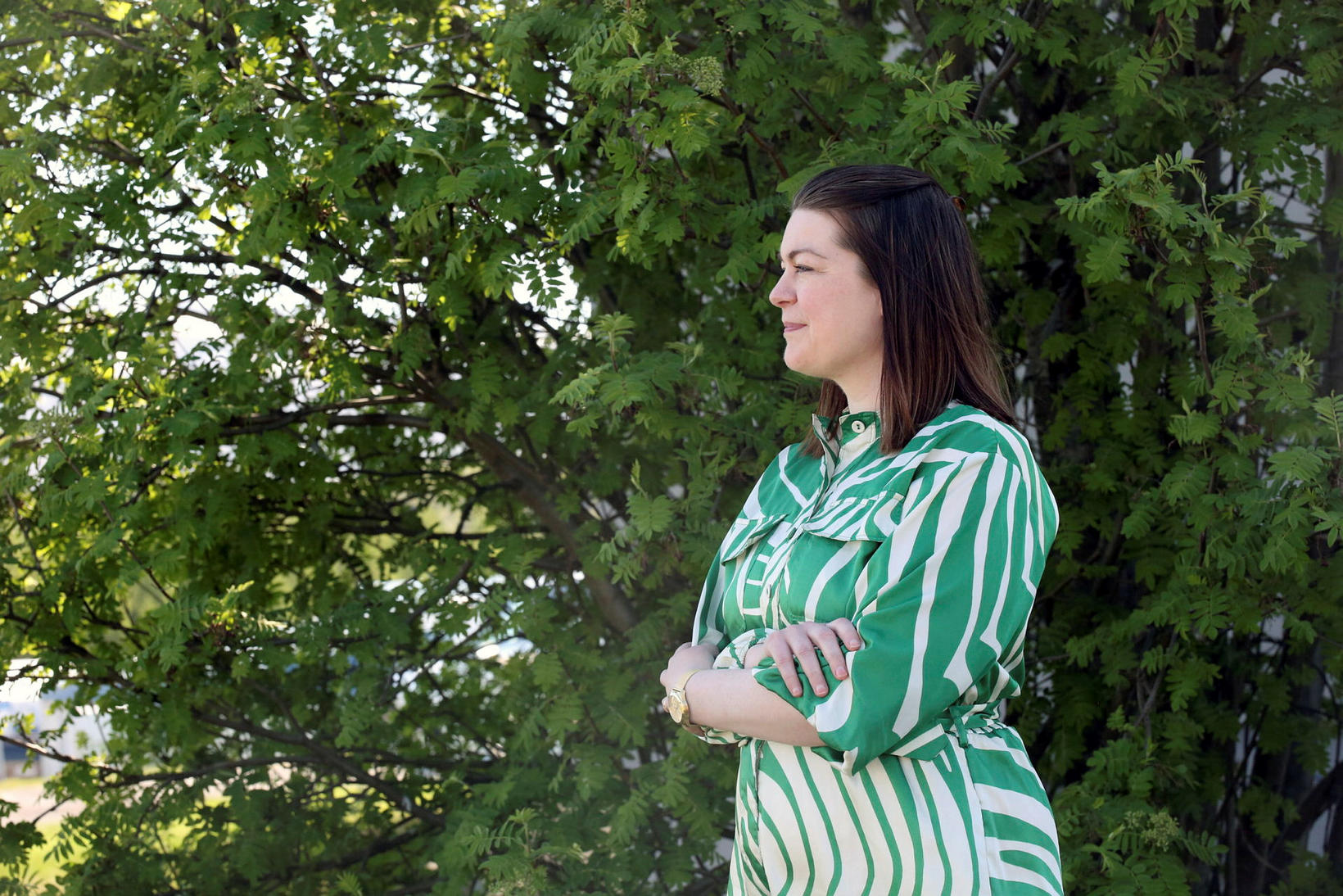Why we are called baker but not baker; The background of surnames
/s3/static.nrc.nl/images/gn4/stripped/data130253780-47f15b.jpg)
Since 1998 it has been possible to give children the surname of their mother instead of their father’s. Since last year it is also possible to give both names. Finally! Sometimes you sometimes see that a man also accepts his wife’s name. Yet all this will not change the patriarchal history of the last name. And patriarchal, that, for centuries, is always, first of all because of the large amount of patronyms that have become last names, from Jansen, the son of Jan, to Benali, the son of Ali. The few females, females and Marissen (from Maria) are not included. Only in the Antilles are children not usually named after their father but after their mother. In Curaçao in 1863 people were given last names such as Martina, Cicilia and Angela. And Jantje, a maiden name.
Many people are named after professions; In the top of the most common surnames in the Netherlands there are not only Jansen and Peters but also names such as Bakker, Visser, Smit and De Boer. But you will mainly come across Baker from English, if it also means baker and not baker, maternity assistant, a profession that was practiced by women. Also midwives, washing women, teachers, housewives did not make it the last name.
Wasmen and Huismans are there, although that last word is an old -fashioned name for free farmers. From Aasman to Zwaardman, with the surnames the man is the Lord or the man. Or ‘t Mannetje, a last name that has an unexpected explanation. Probably the first carrier of this name lived in a house with a sign or facing brick on which ‘t Mannetje was depicted in the moon. Many people now have such a house name or another address name. They are not named after a person but after a place, given in the time that house numbers did not yet exist. So they are actually called Langestraat 10 or Herengracht 72. « In the fifteenth and sixteenth centuries, it was (in Amsterdam) to indicate everyone, considerably or small ‘, with the sign of his house behind his name’ Even in official pieces », reports the Dutch family name Bank of the Genealogie in the Netherlands. On a list from the book The Vro Gereedschap of Amsterdam With names of houses from the seventeenth and eighteenth centuries I find in the Amsterdam Kalverstraat: the bear, the Bors, Bourgonje, Brederode, the Blue Bijl, the red angel, Ghent, the Blue Gravehoed, the four pegs, the white hen, ‘t Hof van Holland,’ t Blue dog, the green cheese, ‘t Witte calf, the calf, the, the Kalverendans, the, the, the Kalverendans, the, the Kalverendans, the, the Kalverendans, the, the Kalverendans, the Kalverendans, the Kalverendans, the, the Kalverendans, the, the Kalverendans, the, the Kalverendans, the, the Kalvingen, the, the Kalvingen, the, the Calf, the, the Kalf, De Kalveringen, the, the Kalf, the, the Kalfs, the, the Kalfs, the, the Kalfs, the, the Kalf. Surveyor, the Black Lion, the Oliekan, ‘t Groene Papagaaitje,’ t Paradijs, the Golden Poort, the Gelderse Rijder, ‘t Blauwe Schaap, the two mirrors, the Testoen, De Witte Vos and the Golden Vijzel. And verily: except for four, these house names have indeed become last names in some shape or spelling (horse, paert, pear), even the colors. An even longer list of house names from it Yearbook Amstelodamum 1905 confirms this image. So you didn’t have to come from Ghent to be called Ghent; no shepherd to be called sheep; Not to be vain to be called mirror.
Only Gravenhoed, Calver Dance, Crocodile and Testoen from the Kalverstraat list are missing. Who or what is a testing? There are also family names that don’t easily give their meaning more price. Who knows that a Mulder is a miller? And does Vermeulen van de Molen mean? A cutter is a tailor and a springer an acrobat. Since the surnames were recorded at the new civil status in 1811, and in 1863 all the slavish people also received a family name, a new name has hardly been added. There are many captains and skippers, but no pilots, let alone stewardesses. There are a few families factory and office, but the family driver or programmer will not come across. Solidic past.

:format(webp)/s3/static.nrc.nl/wp-content/uploads/2025/05/30151653/web-3005SPO_LuisEnrique05.jpg)
/s3/static.nrc.nl/images/gn4/data132853233-e0639b.jpg)




